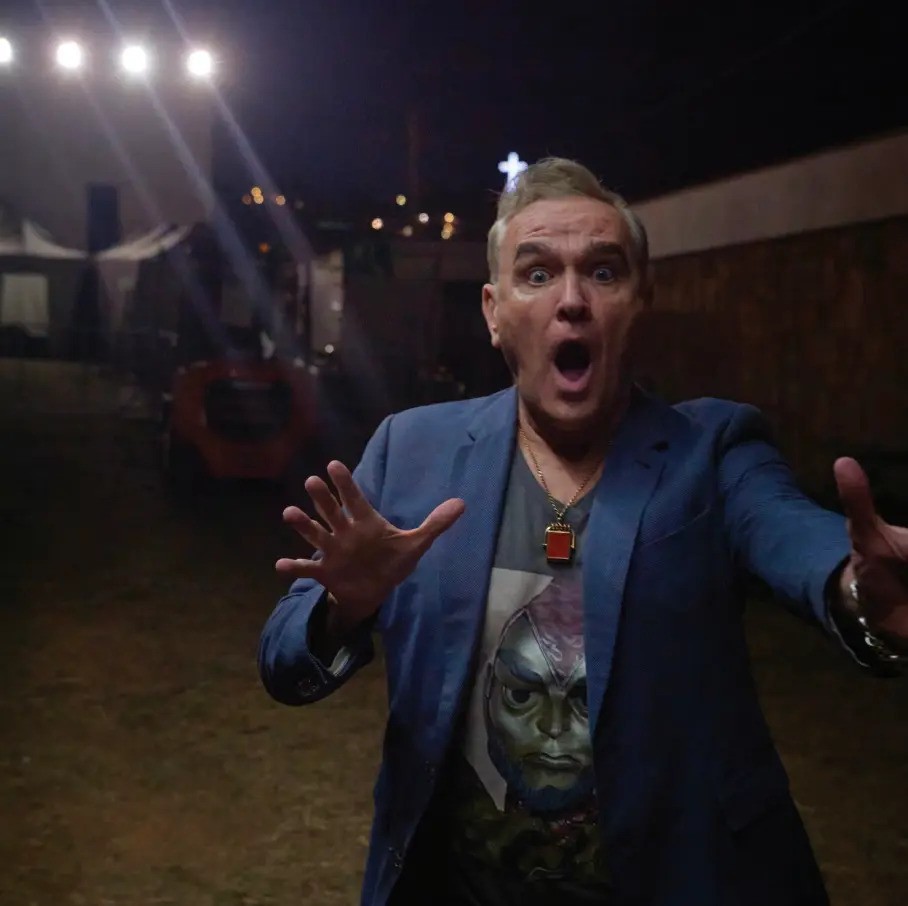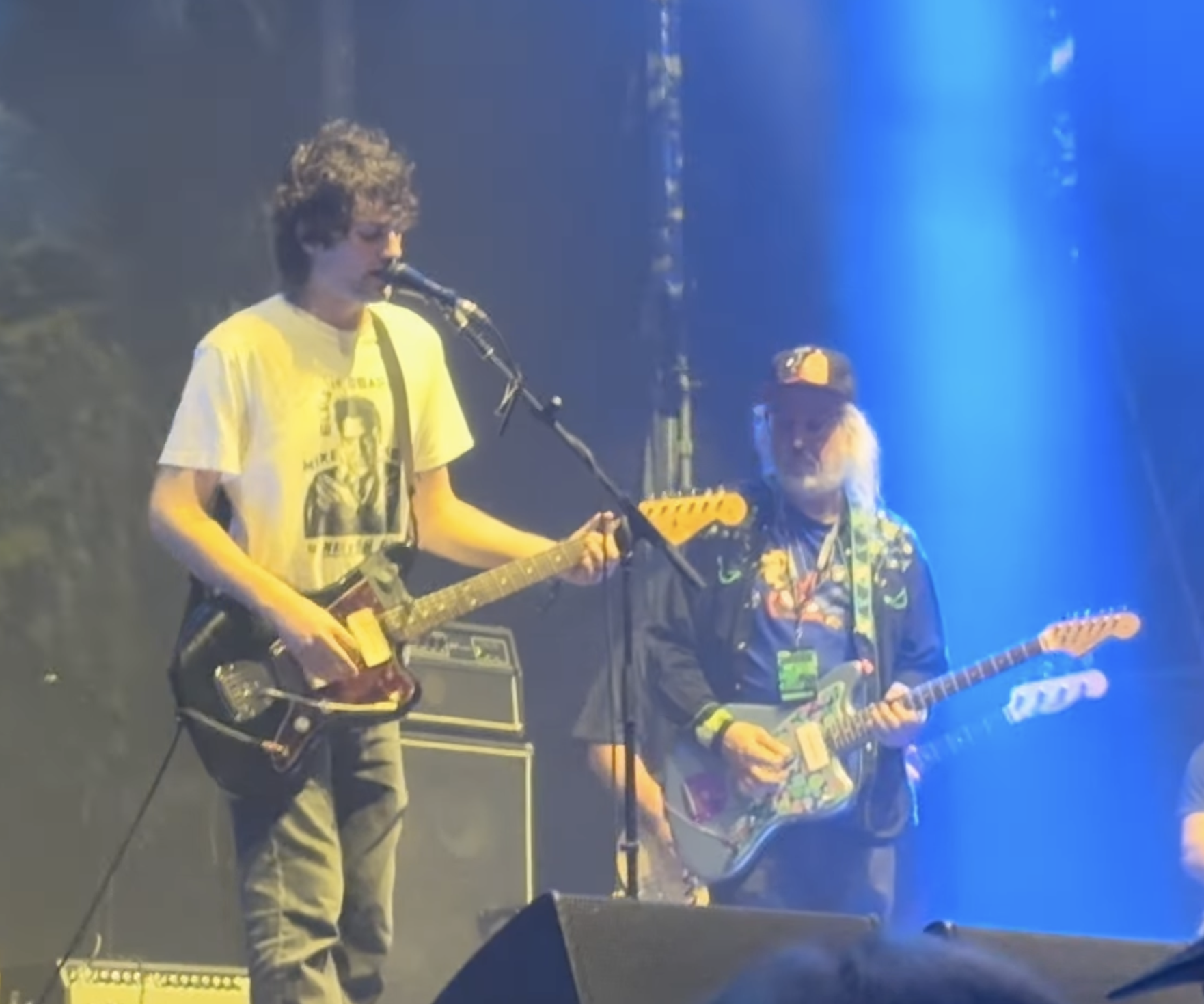Last month, Pomplamoose's Jack Conte posted a ridiculous essay detailing the band's unprofitability on tour, something that he attributed to "a new paradigm for professional artistry" instead of the more obvious answer of gross financial mismanagement. (The article also served as a front for crowdfunding site Patreon, which Conte founded and is an investor in.) It was rightfully dismissed by many other touring musicians and those familiar with the business side of music, but Amanda Palmer has come to Conte's defense in a new op-ed for The Guardian.
She opens up about a story of a tour the Dresden Dolls did with Nine Inch Nails where the band took a huge loss, which she said they later made up on their own headlining shows -- "I have not, until now, written about the huge loss we took on that tour, nor would I ever criticize Trent Reznor for not offering us a 'living wage.' He made the offer; we didn't have to take it." She also mentions her famous Kickstarter campaign, and says that it was designed as a loss leader to "impress my fans, and the critics of crowdfunding who I knew were going to judge me and criticize me -- and the project -- no matter what."
"Risk-based investing exists everywhere but the arts (and, one could argue, in the non-profit world), where it is considered absolutely déclassé," Palmer writes. "In the tech industry – and the restaurant industry, or any industry, really – it is considered necessary to spend, experiment, fail, struggle, borrow capital and ultimately find a healthy balance between expenditure and income."
She closes with this:
The backlash (Amanda, pay your volunteers! Jack, don't pay your band!) is laughable, but it speaks volumes about the double standards with which the world tackles the music industry: you're damned if you play by the rules, and you're damned if you find a creative way to thwart them. We – Taylor Swift, Trent Reznor, Zoe Keating, Pomplamoose, U2, Radiohead, me – are all just trying to find a way to create and monetize our creations at the same time.
And if there are going to be a million new paths to sustainability for a million different artists, we'd best stop bickering amongst ourselves about the validity of each and every path these artists are stumbling down – or at least step out of the way if we can't lend a hand.
Read the full piece here.






